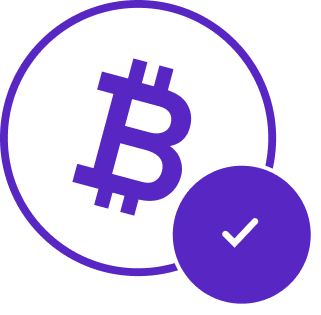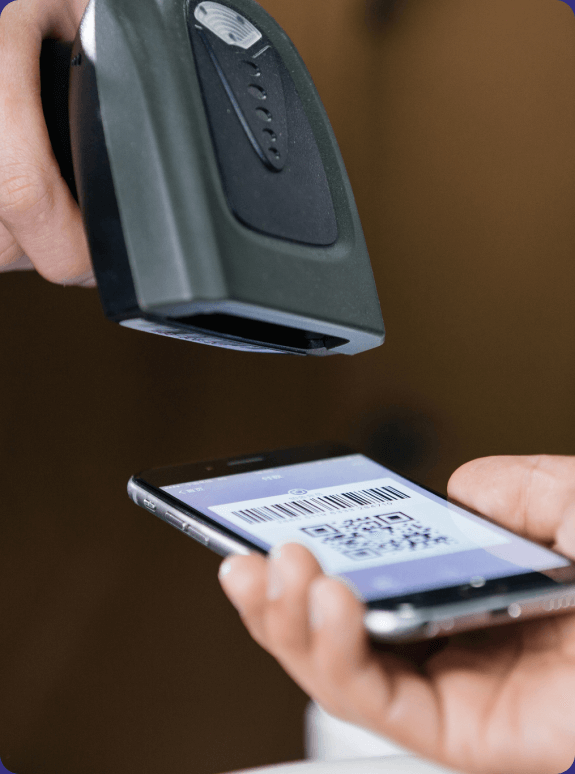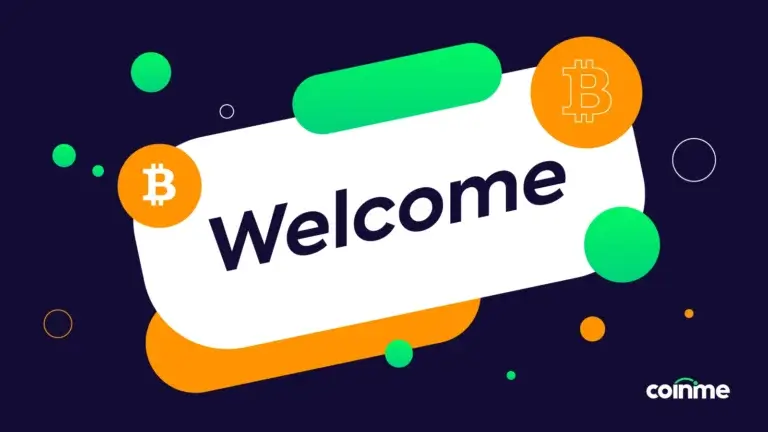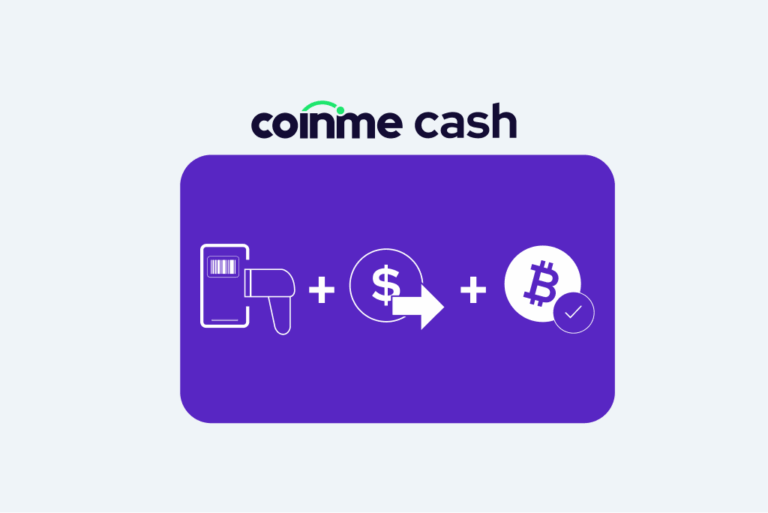April 2 was International Fact-Checking Day. The annual custom, which by no accident comes on the heels of the yearly holiday best known for celebrating gullibility (April Fools Day), is a great reminder to fact-check all the information we see and read, especially when dealing with cryptocurrency goods, services, and news.
The history of crypto is punctuated with tales of myths and legends and fact and fiction. The best form of protection in this new world is to always be vigilant — and to always fact check. In honor of the holiday, we wanted to fact-check commonly held beliefs about bitcoin.
Fact or fiction?
| Fact | Fiction |
|---|---|
| Bitcoin is code-based money. It’s unique because it is native to the internet, rather than being created by a corporation, government, or a wealthy individual. It has grown in scale and importance as the underlying network has become more widely accepted, making it unlike traditional financial products and services. Because it is new and different, bitcoin is often dismissed as some kind of meme currency. With that being said, it’s legit, and it’s powerful. | Bitcoin is not real, it’s not backed by anything. |
| Fact | Fiction |
| Bitcoin is used in criminal activity. But so is every currency, especially US dollars. In fact, criminals still prefer cash. The reason? As law enforcement and digital forensics get more sophisticated, tracking bitcoin activity is getting easier. Touching a computer keyboard while committing a crime leaves a trail. For example, just recently, the FBI was able to track the ransom payments demanded by ransom-seekers after the Colonial Pipeline attack and get the money back. | Bitcoin is for criminals. |
| Fact | Fiction |
| Depending on what you read, bitcoin will either destroy the planet — or it will save it. One of the biggest critiques of bitcoin is that it uses a tremendous amount of energy, which it does. Energy is important to the strength of the network. One thing that is important to remember is that just because something uses energy, doesn’t mean it is necessarily bad for the environment. Energy consumption doesn’t always equate to greenhouse gas emissions. Due to market trends, more bitcoin production is moving towards sustainable energy sources. | Bitcoin is bad for the environment. |
| Fact | Fiction |
| Bitcoin is still in the early days of adoption. The network only launched in 2009, and in the beginning bitcoin use was limited to early tech adopters. But since then, bitcoin has steadily gained traction all around the world. In fact, the adoption curve for bitcoin is often compared to the adoption curve of the internet — and bitcoin-wise, we are still where the internet was in the late 1990s (before everyone started using email, which drove massive internet adoption). According to some estimates, bitcoin is actually one of the fastest-growing technologies by adoption rate, ever! | Nobody really uses bitcoin. |
| Fact | Fiction |
| At this point, banning bitcoin would be as difficult as banning the internet. While governments might impose restrictions and try to control the use of bitcoin via regulations of services that use bitcoin, banning the actual bitcoin protocol would take a level of coordination and cooperation among government agencies that is without precedent. In early March the Biden Administration published an executive order asking government agencies to study crypto and offer up ways to create guidelines for agencies to provide consumer protection. | The government will ban bitcoin. |
| Fact | Fiction |
| Bitcoin is not like the stock market. You don’t need to buy an entire bitcoin to participate in the new digital economy. Bitcoin is easily divisible into fractional amounts. In fact, one satoshi, or a small fraction of a bitcoin named after bitcoin’s mysterious founder is equivalent to 1/100,000,000 of a bitcoin, or .00000001 BTC. This easy divisibility means that bitcoin can be used for all kinds of things, including micropayments. It also means that people can easily buy small amounts of bitcoin. | I don’t have enough money to buy a bitcoin. |
| Fact | Fiction |
| Bitcoin is growing in terms of overall use and even the number of use cases. El Salvador recently made bitcoin legal tender within the country. Other governments large and small are also considering allowing bitcoin to be used as currency alongside traditional money. Another interesting thing that’s happening is that people are building layer 2 technologies on top of bitcoin to make everyday transactions faster and cheaper. People are starting to use bitcoin for everything from buying real estate, to making purchases at online retailers. | Bitcoin has no real-world use cases. |
| Fact | Fiction |
| Bitcoin is actually one of the most secure information networks ever designed and built. The actual bitcoin network has never been compromised, censored, or manipulated. Individual exchanges and wallets supporting bitcoin have been hacked or have fallen victims to scams. But the bitcoin network only gets stronger and more secure with every block that’s mined, meaning the more time that passes, the more computing resources and access to energy would-be hackers would need. Besides the computing power, the bitcoin network is secure because it is dispersed geographically and dynamic in that its nodes can move around the world based on things like energy availability, instability, etc. | Bitcoin isn’t secure. |
Do your own research.
Do your own research is a mantra frequently thrown when people are talking about finance or investing. It’s good advice and it’s particularly important to remember in the world of crypto, where there is a lot of bad information floating around. Whenever possible, try to seek out primary and legitimate sources for news and research.
One good place to start? Check out the weekly Coinme newsletter for the latest news and updates.









 Labs is acquiring Coinme to power the Open Money Stack.
Labs is acquiring Coinme to power the Open Money Stack.